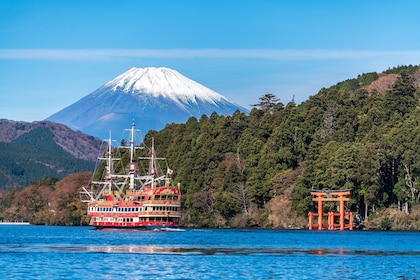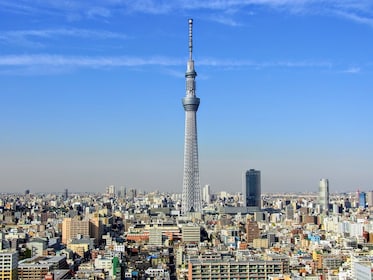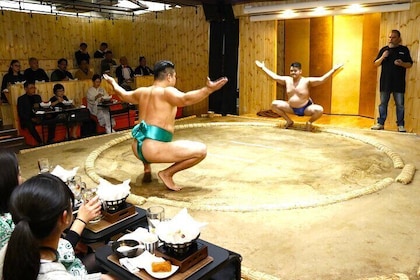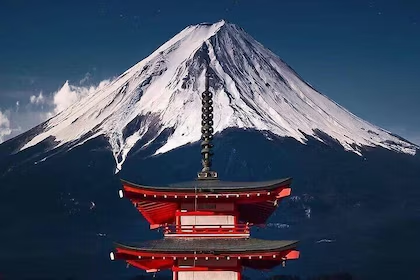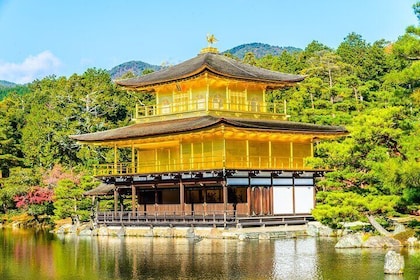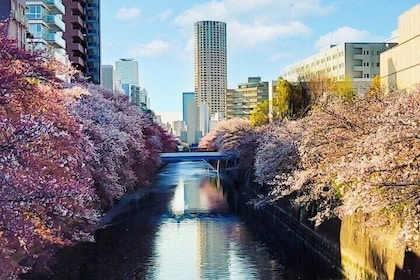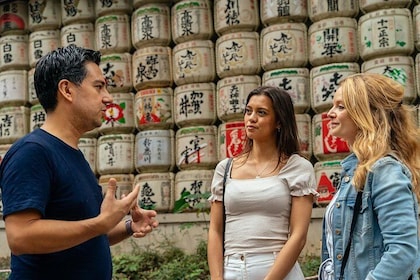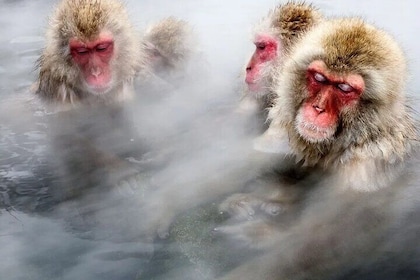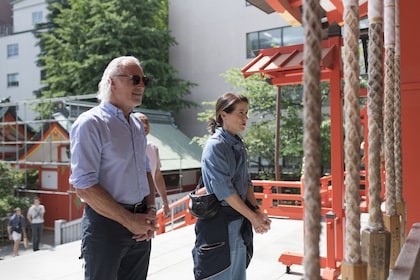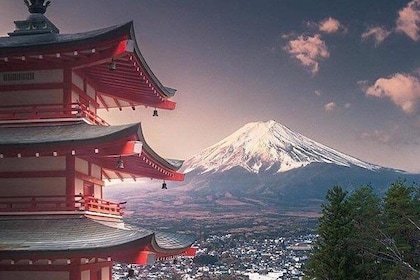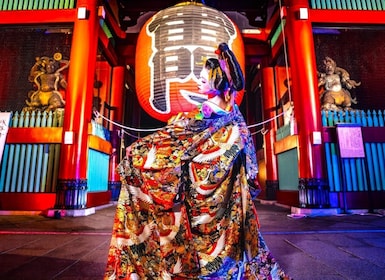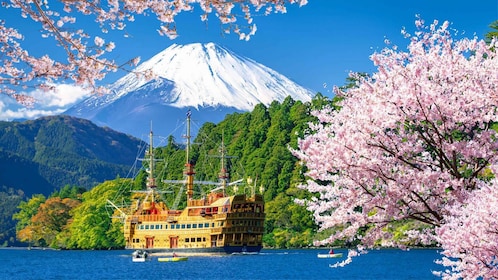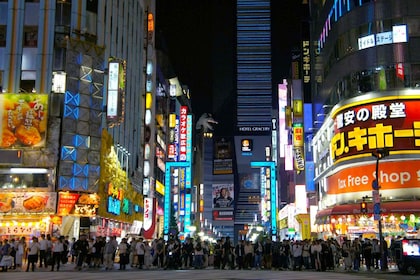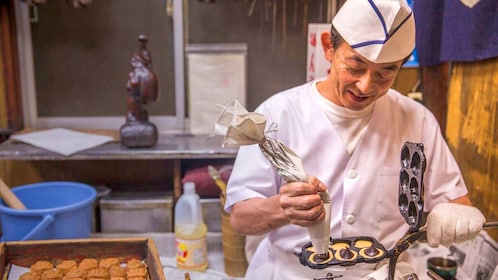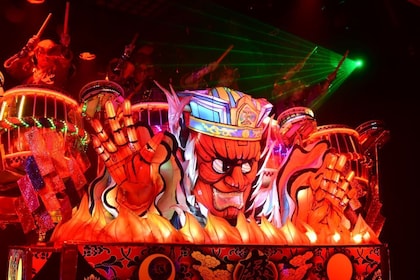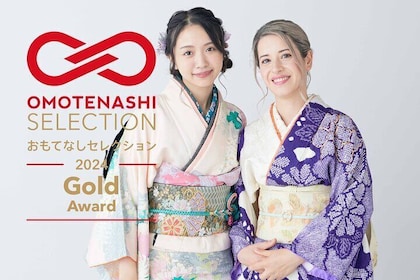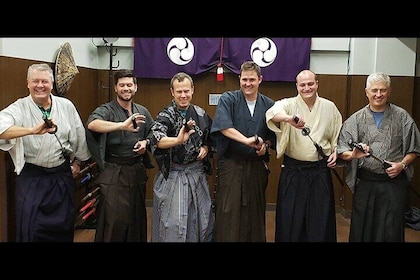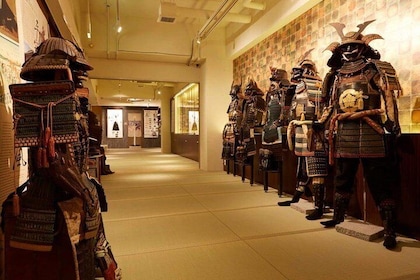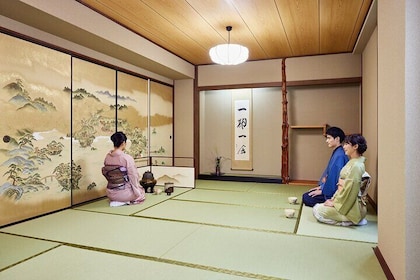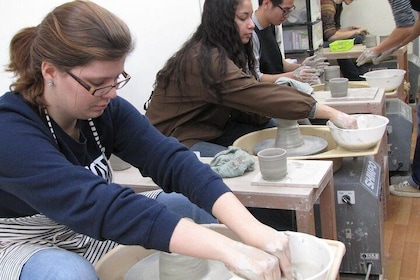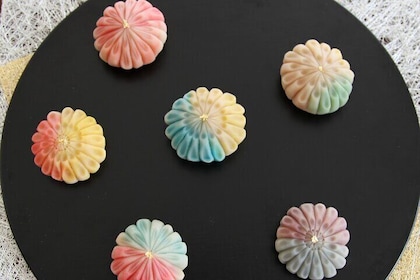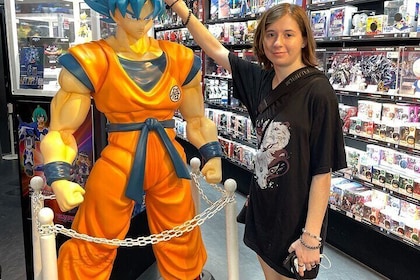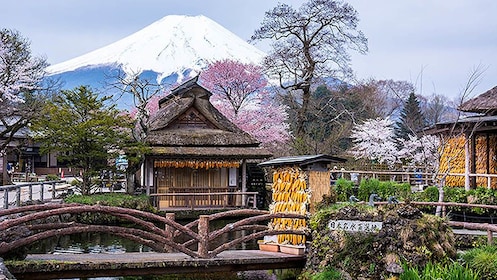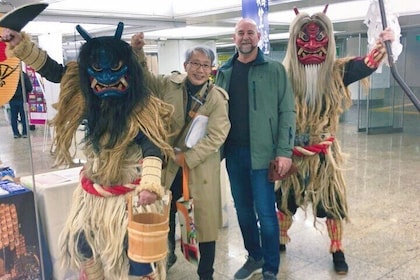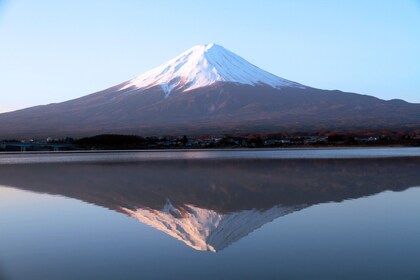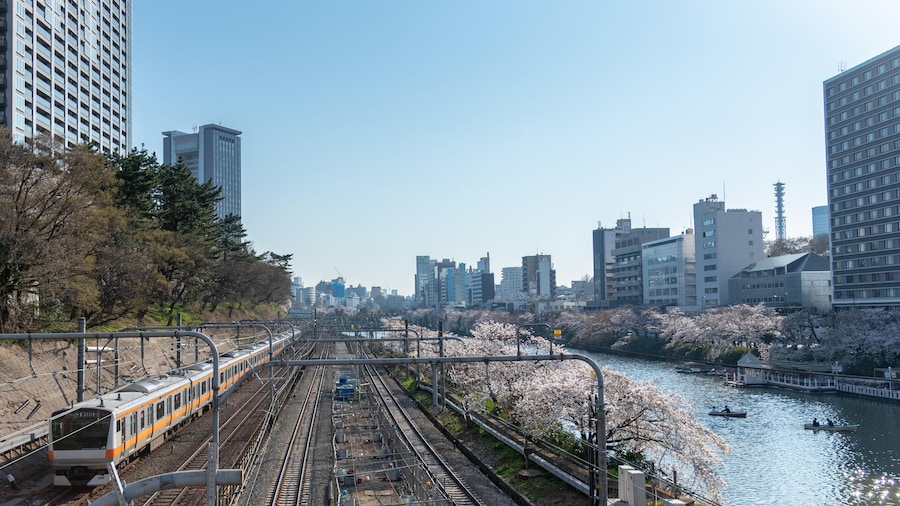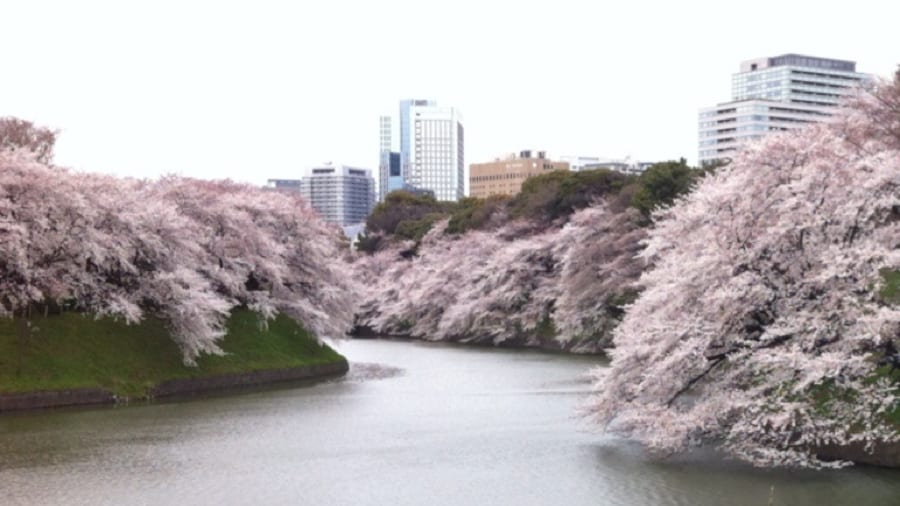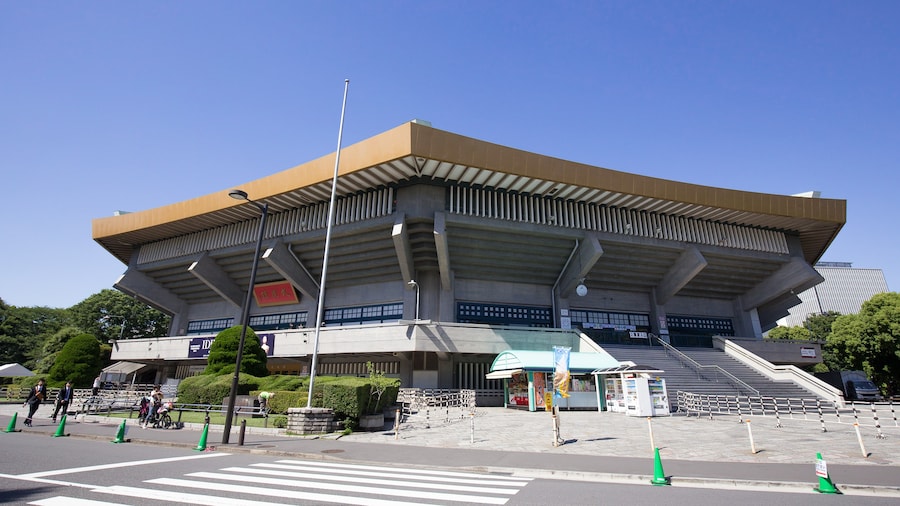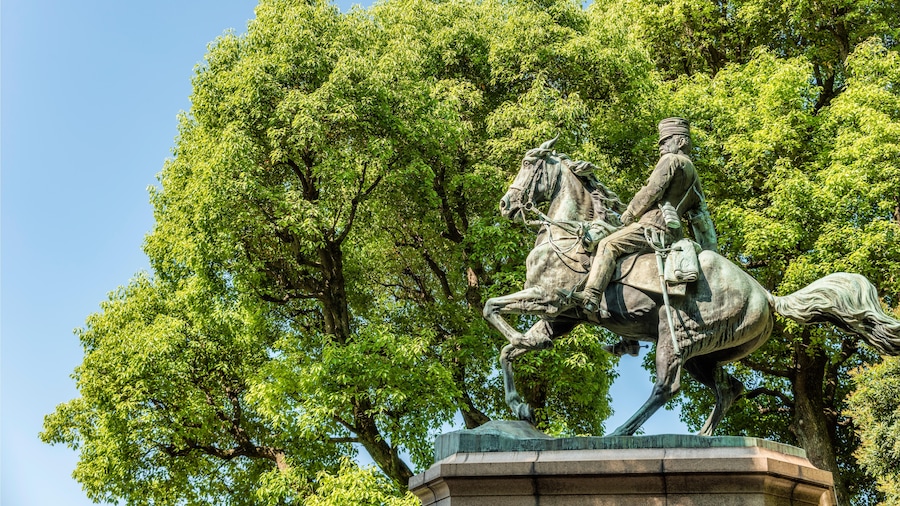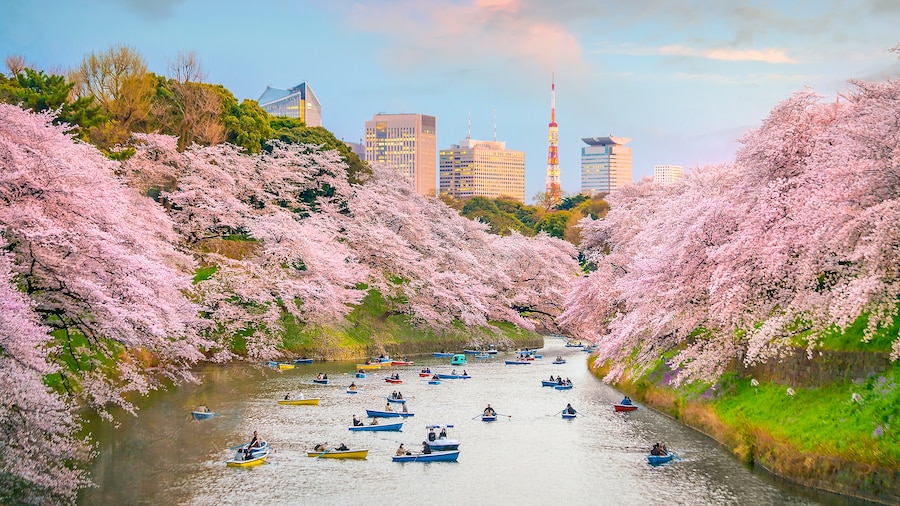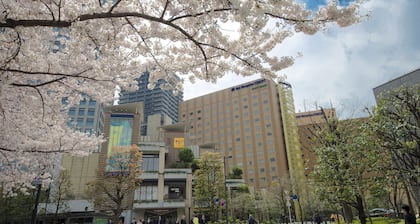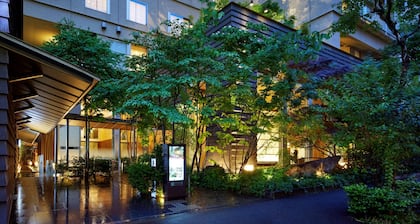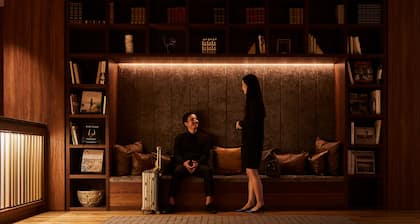Built in 1869 to commemorate Japanese war dead, Yasukuni Shrine, or the Shrine of Peace for the Nation, is a sacred place for many Japanese, where participants in conflicts, including the Sino-Japanese and Russo-Japanese wars and World War II, are all remembered here. The shrine doesn’t just honour military personnel, but also service workers who lost their lives in support of the Empire. Traditional Shinto beliefs have it that the shrine holds the spirits of the war dead for eternity: today, believers worship the more than 2.4 million Japanese war dead as deities.
While for most of the year the shrine is a peaceful place where people come and pay their respects, every year on 15 August, the shrine becomes a controversial issue. There is always speculation about whether Japan’s top politicians will visit the Yasukuni Shrine, as Chinese and South Koreans -- not to mention many Japanese – despise such visits because the shrine honours the souls of 14 Class A war criminals.
Visitors to the adjacent Yushukan museum may find the museum very biased and missing any mention of Japan's more shameful events during World War II such as The Rape of Nanjing and the country's treatment of prisoners of war and the use of 'comfort women'.
Despite all the controversy, the shrine's grounds are very beautiful and attract lots of visitors, especially during the cherry-blossom season in March/April each year. One tree in particular has been identified as the representative of the season: when its first cherry blossoms appear, it’s a highly awaited event which attracts a great deal of press attention.
The shrine is located in central Tokyo, just five-minutes away from Kudanshita subway station on foot and 10 minutes from Ichigaya subway and rail station. Admission is free and the shrine is open from 6 a.m. – 5 p.m. Yushukan museum is open daily, but closes for a few days in late June and December. There is a small entrance fee.









